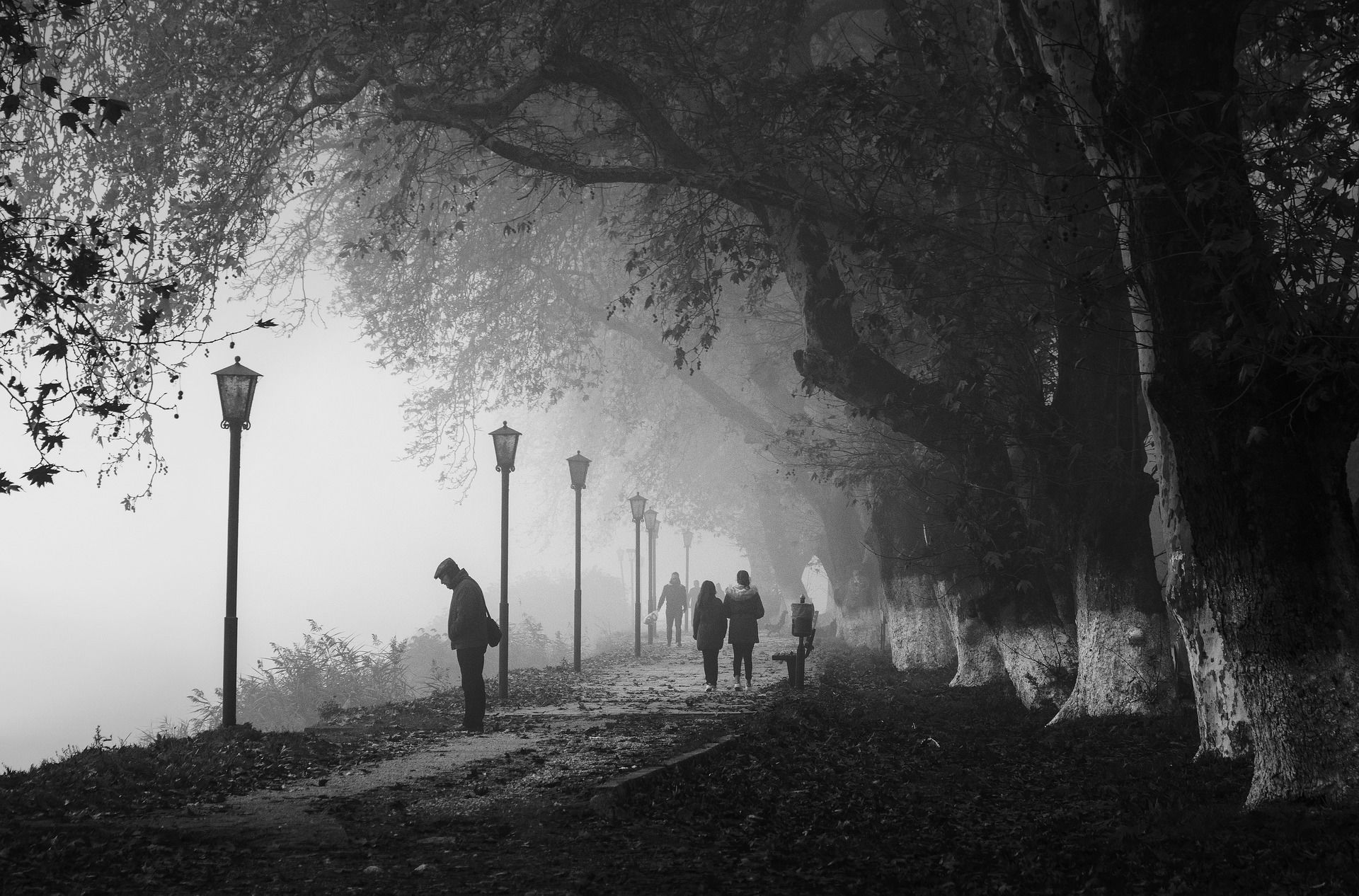Anxiety and Depression

One in four of us will suffer mental illness at some point in our lives. Depression and anxiety can feel overpowering Sufferers feel along and isolated Often you feel that no one will ever understand. You are told to 'pull yourself together'. This only shows how people can get it wrong about depression and anxiety.
If you feel misunderstood, feel like a pawn in your own life, feel overwhelmed by emotions caused by people or events, or just feelings, if you feel like the world should stop and let you off so you can catch up and get in control again, then this is depression.
Anxiety feeds on these feelings. Fear that we will lose jobs, partners, friends, good health, excessive worry about the people we care for, a certain fatalism, resignation take over. We fear the worst will happen and that somehow we deserve it. It can be hard to get over these negative thought patterns especially when you feel no one will understand you, everyone is judging you. Phobias and panic attacks can be the result which in themselves set up a fear of them happening again which can lead to further withdrawal into self.
It might feel hopeless, but there are reasons to be hopeful. Both anxiety and depression have been shown to respond to counselling therapy. People have recovered and been able to get back some of the life they enjoyed before they became anxious and depressed. Counselling provides a safe space, one in which you will not be judged. What happens and is said all rests with you. You are in control.
Your counsellor will listen empathically, not judge you but help you to confront your thought patterns, reflecting on what is happening for you and trying to explore with you where the feelings might be coming from. Common triggers include past history, stress, ill-health worries, relationship problems, financial stress or bereavement.
You will be supported to look at what you are worried will happen, all the possible outcomes not just the worst scenario. You will learn to be able to deploy these resources for yourself, so while your counsellor has helped you through this current episode, should you encounter the problem again you are in a position to tackle the issues for yourself.A significant part of the process is about beginning to value yourself and learning self-care.
In an ideal world we should fairly feel comfortable about going to a counsellor as we do the doctor. The world has changed quite a bit especially after Covid 19. Society as a whole is recognising the importance of reaching out for help to overcome anxiety and depression. Obviously your GP will be the first port of call. Depending on severity, they often prescribe medication to help you function more normally. Increasingly however, they are suggesting counselling as a long term treatment solution for both anxiety and depression.



